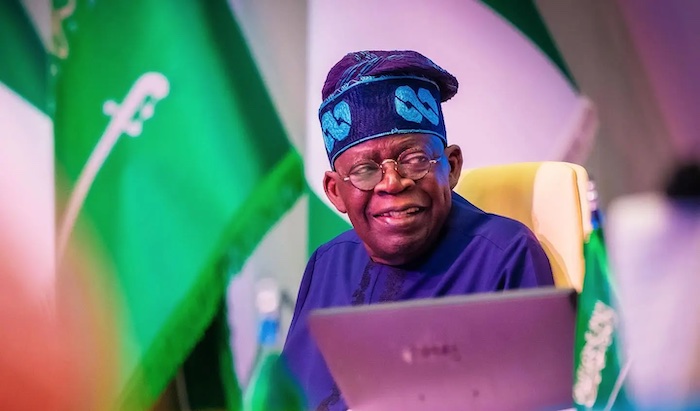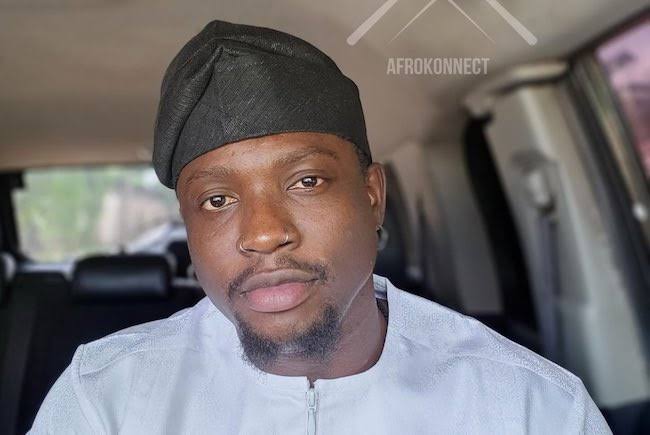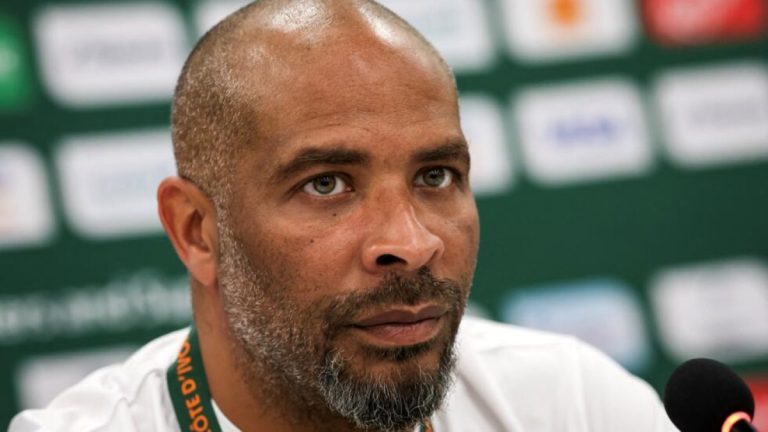
President Bola Tinubu on Monday, said amendments to the constitution, being the supreme law of the land, was necessary because as a living document, it must continue to respond to the realities, aspirations, and challenges of the people.
The president, therefore, said the ongoing review exercise provided an opportunity to strengthen the country’s institutions, deepen federalism, guarantee fundamental rights, and promote justice, equity, and accountability.
Represented by the Secretary to the Government of the Federation Senator George Akume, the president stated this on Monday in Abuja at the national public hearing on constitution review.
He commended the constitution review committee for providing an open and inclusive platform and bringing together citizens, civil society, professional bodies, traditional institutions, political parties, and other stakeholders, saying it gave true meaning to participatory democracy and nation-building.
“The constitution is the supreme law of the land. It is not static, but a living document that must continually respond to the realities, aspirations, and challenges of our people.
“The ongoing process of its amendment provides us with yet another golden opportunity to strengthen our institutions, deepen federalism, guarantee fundamental rights, and promote justice, equity, and accountability across all spheres of national life,” he said.
Speaker of the House of Representatives, Hon. Abbas Tajudeen, on his part assured the people that the House would act decisively in order to give states assembly enough time to debate, deliberate, and endorse the proposed constitution amendment without putting pressure on electoral calendars.
The speaker said from the outset of the review, the House had pledged that it would conclude the process in a timely manner.
“Nigerians are weary of constitutional reforms that drag on for years, losing momentum and eroding public trust.
“We recognise that, after the National Assembly votes on these bills, the State Houses of Assembly must also consider and approve them under Section 9 of the Constitution.
“To honour this requirement, we have set clear timelines. We intend to vote on the proposals expeditiously and to transmit them promptly to the State Houses of Assembly so that concurrence can be secured within the current legislative session.
“Reform delayed is reform denied, and Nigerians deserve clarity and closure. By acting decisively, we give the States enough time to debate, deliberate, and endorse the people’s will without the pressure of electoral calendars or political distractions,” Abbas noted.
The Speaker said Nigeria could not prosper by leaving half of its talent and energy on the sidelines.
“Today women hold less than five per cent of seats in the National Assembly. That statistic is unacceptable for a country of our size and ambition.
“The reserved seats for women proposal will create additional seats in the National Assembly and State Assemblies to ensure that every state and senatorial district has women’s voices in lawmaking.
“This is not tokenism but a constitutional mechanism to accelerate gender inclusion until structural barriers are dismantled.
“Another amendment requires a minimum threshold of women in ministerial appointments to ensure gender balance. These measures will make our democracy more representative, our policies more responsive, and our country more just.”
He stressed that similar provisions ensure representation for persons with disabilities at the federal, state, and local levels, recognising their right to fully participate in shaping the laws that affect their lives.
Also, the Deputy Speaker and Chairman, Constitutional Review Committee, Hon. Ben Kalu, said the committee already has a compendium of 87 proposed amendment bills, saying each was a response to the felt needs and expressed desires of the Nigerian people.
He noted that the challenges of the 21st century demanded a constitution that was not an artefact of the past, but a dynamic blueprint for the future.
“It must be a constitution that is not only legal but also legitimate; one that commands the respect and allegiance of every citizen because they see their hopes, their values, and their fundamental rights reflected in its text.
“I must clarify, as we proceed, that the items and amendment proposals before us today are not yet laws. These are, at this stage, proposals, suggestions, and ideas that have emerged through one of the most inclusive and participatory exercises in Nigeria’s constitutional history.
“Importantly, these proposals do not simply represent the agenda of the legislature; instead, they are, first and foremost, the thought-out demands, hopes, and memoranda of the Nigerian people themselves, gathered through extensive regional dialogues and topically-focused public hearings held across the nation.
“It is, therefore, essential that the process is not misconstrued. The constitutional amendment journey is designed to be transparent, participatory, and fair,” Kalu added.
Representative of Senate President Godswill Akpabio, Senator Onyekachi Nwaebonyi, said the review of the constitution was necessitated by unabating clamour for the alteration of the 1979 constitution bequeathed to the country by the military.
Speaking on behalf of the Conference of Speakers, the Speaker of the Bauchi State Assembly, Abubakar Suleiman, said the constitution of any nation was the supreme guide and the living framework through which citizens, institutions and government interact.
He said Nigeria’s experience has shown that no constitution was ever perfect or minor, saying it must remain a work-in-progress, evolving to the realities, aspirations and challenges of the people it governs.
Suleiman noted that the state Houses of Assembly as critical partners in the constitutional amendment process play a vital role in ensuring that whatever reforms emerge from this process do not remain at the level of debate in Abuja, but are ratified, domesticated and implemented across our states.
“In this process, we will continue to ensure that the voices of states are heard and that the reforms agreed upon here are given the necessary ratification across our 36 assemblies,” he vowed.
Resident Coordinator, United Nations in Nigeria, Mohammed Fall, said when Nigeria progresses, the continent progresses.
“I remove my hat of UN Resident Coordinator and speak as a son of the soil, speak as a son of the continent. It is a sub-region in a continent where people look up to Nigeria. When Nigeria progresses the rest of the sub region and the rest of the continent progress.
“By taking the special seat Bill, you are showing the way to the rest of our continent. You are rising to the leadership that we look up to Nigeria, for the sub region and for the continent,” he said.
In her submission, Deputy British High Commissioner to Nigeria, Mrs. Gill Lever, said the United Kingdom understood that the constitution amendment presented a rare opportunity to strengthen institutions and reflect the changing needs of society.
She added that the UK was encouraged by the special or reserved seats which sought to enhance women’s representation in the Parliament, saying the bill was a major step towards more inclusive representation.
“Around the world, we’ve seen how increased participation of women in governance leads to more equitable decision making, stronger democratic outcomes, more peace, less conflict, and increased economic growth and prosperity,” she said.
In its solidarity message, the European Union said it was following closely the process and is providing technical support to ensure a successful outcome.
According to EU, they also supported the strengthening of local governments autonomy as well as other efforts to Improve democratic practice in Nigeria.
According to him, the review was also to give Nigerians an acceptable, people oriented constitution that would stand the test of time.
Providing insight on the various proposals for constitutional review, the Executive Director of PLAC, Mr. Clement Nwankwo, said the key proposals included Local Government Autonomy, State Police, and establishment of State Councils of Traditional Rulers to take up advisory role on culture.
They also included customary law, security, and intercommunal issues, setting Electoral Offences Commission, deadline for Election Petitions, reserved seat for women and political party defection as misconduct.
Adedayo Akinwale and Onyebuchi Ezigbo



